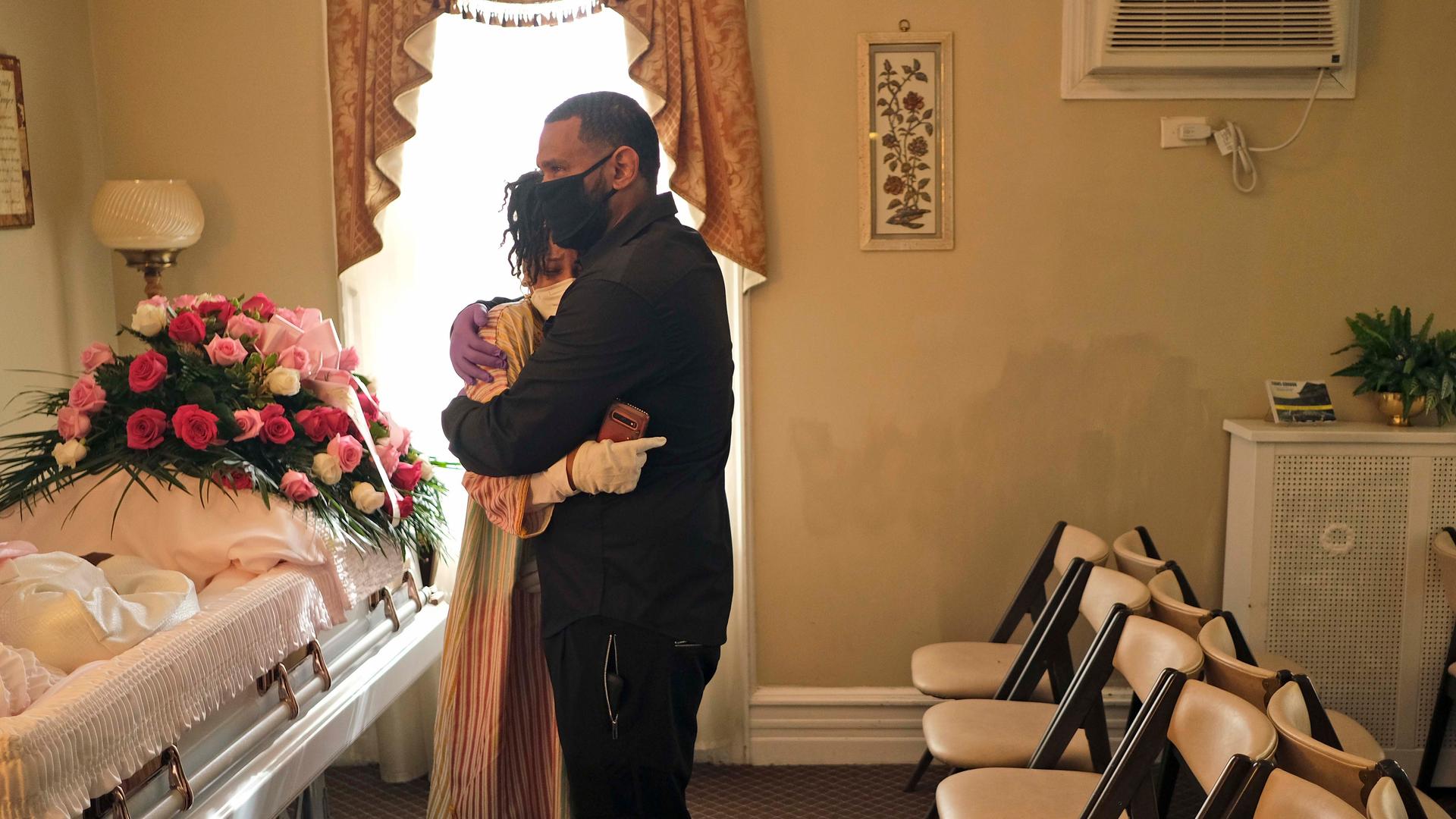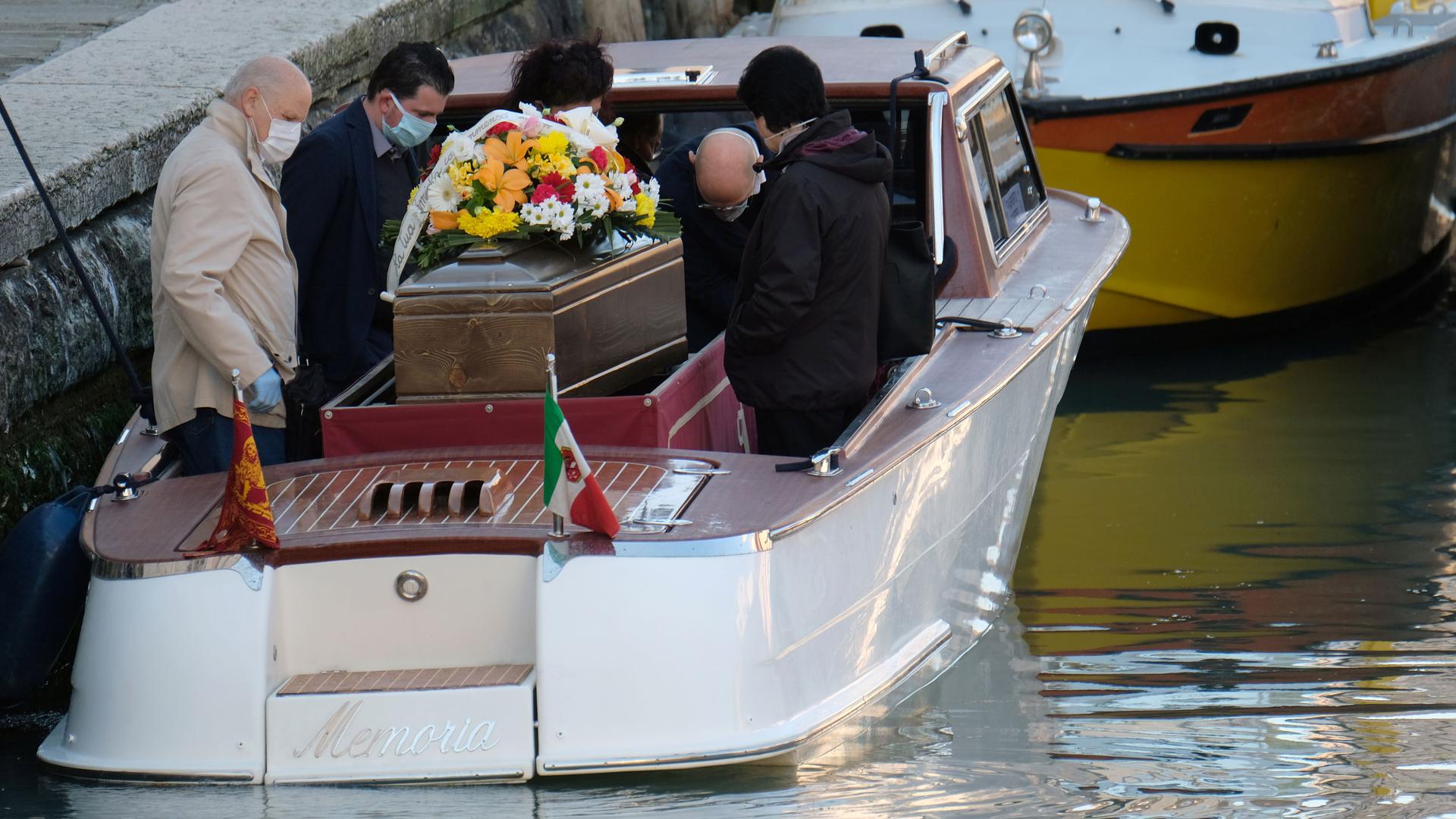Grief
The pandemic has disrupted how we grieve. The effects could be long-lasting.
The nature of the coronavirus has interrupted many rituals of mourning, from visiting the bedsides of the dying to holding funerals. That could lead to mental health impacts down the line, says psychiatry professor Dr. Harvey Chochinov.
Americans don’t talk much about death, but that may be changing
Most Americans, even doctors and medical professionals, seem reluctant to talk about death and dying. But now some authors and filmmakers are trying make death an acceptable topic of conversation — and people aren’t just open but even happy to talk.
Can Bereavement Be a Mental Illness?
From an early age we’re taught that death is an important part of life. But that knowledge can be little solace when it comes to coping with the loss of a loved one. Grief can be overwhelming, both emotionally and physically, and the grieving process can sometimes take years to work through. In cases of […]
White House Lifts Ban on Sending Condolences After Military Suicides
When a soldier dies in a combat zone, the family can expect certain official gestures. Men in uniform will fire a salute. A flag will be folded into a neat triangle. And a letter will arrive, signed by the president, expressing thanks for their loved one’s service to the country, and condolences for their loss. […]
‘Complicated grief’ is a new medical condition affecting one million Americans
Get over it! The old adage reinforces the commonly-held belief that grief is a controllable social condition. However, scientists believe ‘complicated grief,’ a physical condition that affects a distinct part of the brain, could be affecting about one million Americans.


